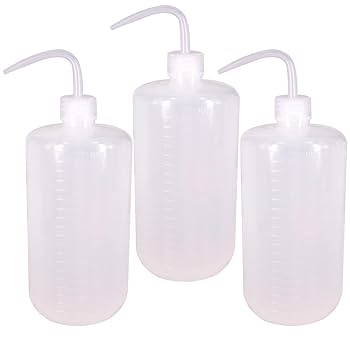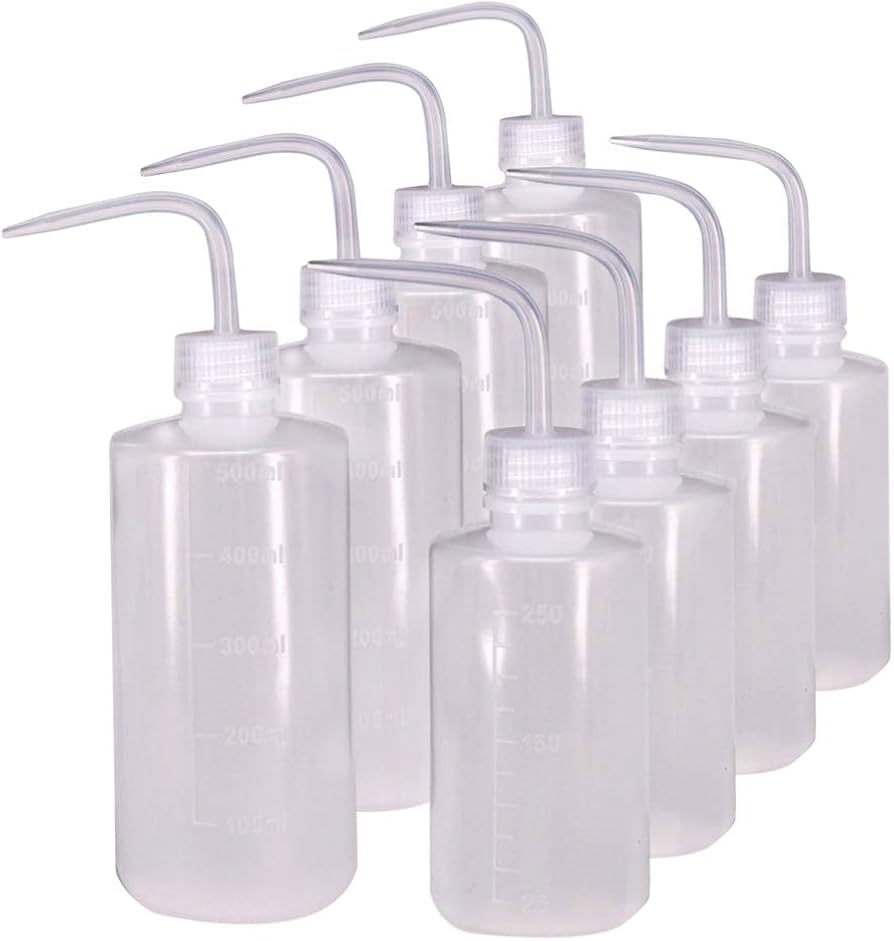In laboratory environments, precision, hygiene, and contamination control are essential. Plastic alcohol bottles for laboratories are specifically designed to store and dispense alcohol-based solutions used for sterilization, sample preparation, and surface cleaning. With durable construction and secure closures, these bottles help researchers maintain strict safety and cleanliness standards in professional lab settings.
Why Laboratories Need Specialized Bottles
Laboratories handle sensitive procedures and valuable samples every day. Because alcohol is used frequently for sterilization and cleaning, it must be stored in containers that offer:
- Chemical stability
- Leak-proof protection
- Controlled dispensing
- Accurate labeling space
Using professional-grade lab bottles ensures consistency and prevents contamination, spills, or alcohol evaporation during critical workflows.
Material and Construction
These bottles are made from HDPE, PET, or PP, which are the most reliable plastics for laboratory applications.
- HDPE: Highly resistant to strong alcohol concentrations, ideal for routine sterilization tasks
- PET: Offers clear visibility for volume measurement and quick liquid identification
- PP: Used mainly for spray heads, nozzles, and flip-top components due to its flexibility
All materials are BPA-free and manufactured under ISO 9001 / ISO 15378 / GMP-certified standards, ensuring compatibility with 70–90% ethanol or isopropyl alcohol.
Key Features and Benefits
- Chemical Resistance: Maintains alcohol purity with no odor or discoloration
- Leak-Proof Design: Prevents spills on lab benches, instruments, and storage racks
- Controlled Dispensing: Compatible with precision spray pumps, nozzles, or dropper caps
- Lightweight and Shatter-Safe: A safer alternative to glass, especially in busy or shared lab spaces
- Clear Labeling Surface: Allows researchers to mark alcohol concentration, batch codes, or usage notes
- Various Volume Options: From 50ml handheld bottles to 1L containers for workstation use
These features support efficient, hygienic laboratory operations.

Refer to : empty travel bottles for toiletries
Laboratory Applications
Plastic alcohol bottles are essential tools in multiple lab settings, including:
- Microbiology labs for sterilizing equipment and benches
- Chemical labs for reagent preparation and cleaning
- Medical and clinical labs for disinfecting instruments and surfaces
- Pharmaceutical labs for formulation work and production support
- Research institutes and universities for student and technician use
- Their versatility makes them a core part of laboratory hygiene and safety protocols.
Closure and Dispensing Options
Laboratories require different dispensing systems depending on the process. Manufacturers offer:
- Fine Mist Spray Pumps for surface disinfection
- Dropper Caps for controlled reagent application
- Flip-Top Caps for quick one-hand use
- Screw Caps for safe storage and refilling
- Tamper-Evident Closures for secure, trackable usage
Each closure type supports ergonomic, precise, and contamination-free handling.
Quality and Compliance
Trusted suppliers follow strict international standards for laboratory packaging:
- ISO 9001 / ISO 15378 for quality consistency
- GMP production for cleanliness and hygiene
- Leak-proof, pressure, and chemical compatibility testing
- FDA and EU-compliant materials for safety assurance
These controls guarantee that the bottles perform reliably in demanding research environments.

Learn more: hair care product bottles
Sustainability Options
Modern laboratories are adopting greener practices. Many manufacturers now provide:
- rPET and PCR-HDPE materials
- Lightweight bottle designs to reduce plastic use
- Eco-friendly labeling and inks
- Low-energy molding processes
This helps labs reduce environmental impact without compromising safety or performance.
Plastic alcohol bottles for laboratories offer a dependable, safe, and hygienic packaging solution for alcohol-based disinfectants and sterilizing agents. With chemical-resistant materials, precision closures, and laboratory-grade manufacturing standards, these bottles support clean, organized, and efficient workflows in scientific environments. Their durability and reliability make them an indispensable part of modern laboratory hygiene and research operations.
